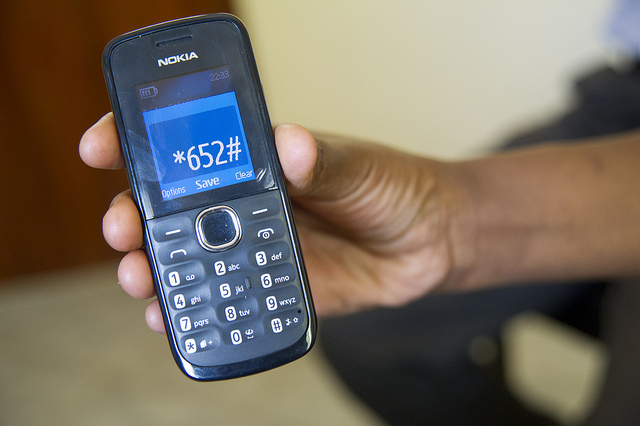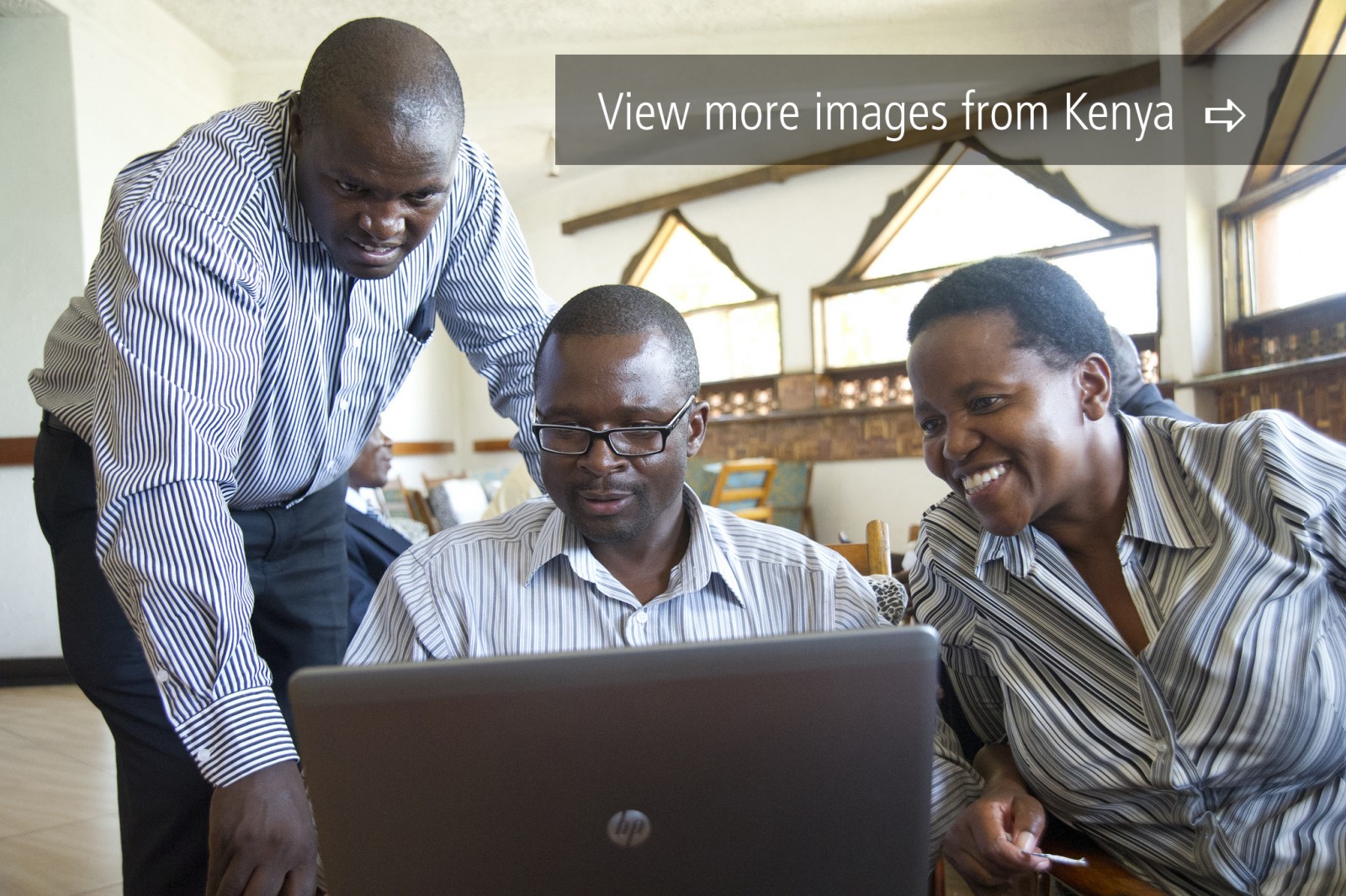You are here
mHealth Kenya: To Save A Life, Dial *652#

Dial *652# — That’s what it takes to potentially save a life in Kenya. I learned that from Dr. Cathy Mwangi, head of the CDC Foundation’s Mobile Post Exposure Prophylaxis (mPEP) initiative, launched in Kenya in 2013. The goal of the project is simple in words, but complex in action: to reduce the risks for health workers of contracting an infectious disease like HIV through an occupational exposure to the virus. But how, the question was asked, can caregivers provide the intensive follow-up required after a practitioner is exposed to HIV?
Using the mPEP system, that follow-up is carried out largely through an automated phone system which sends text messages to potentially infected caregivers, alerting them to upcoming appointments and reminding them to take their ARV medications. The system also copies designated case managers on the text messages, allowing them to follow that caregiver’s progress and adherence to the program, and providing a chance to follow-up in person with that caregiver if for any reason they stop taking the medications.On a continent where mobile technology is booming, the answer was surprisingly close at hand. Say, for example, a nurse sticks her finger with a needle after giving a patient an injection. According to protocol, he or she first cleans the wound, then notifies their supervisor of the accident, and is registered into a book so that records can be kept of the incident. More importantly, the caregiver must immediately be started on a regimen of antiretroviral therapy (ARV) medications, which have been shown to greatly reduce the likelihood of contracting HIV if administered within 72 hours of the exposure to the virus. From that point, a six-month period of follow-up and health care appointments is implemented to ensure the worker is kept safe. This method is time and labor intensive, and strains already limited personnel at most hospital facilities.
It’s amazing to see how simple technologies can be applied to complex issues—or processes in this case—to improve public health. And just one more way that the CDC Foundation is helping to reach those most in need with health care support, keeping Kenya’s front line health workers safe and free from infection.
Learn more about how mobile phones are playing a large part in reshaping healthcare in Africa. By tapping into this technology, the CDC Foundation, working with the CDC in Kenya and partners like the African Ministries of Health, is affecting real change in health care and is ultimately saving lives.
This story was gathered from David Snyder's visit to Kenya. David reports on CDC programs in action for the CDC Foundation.

